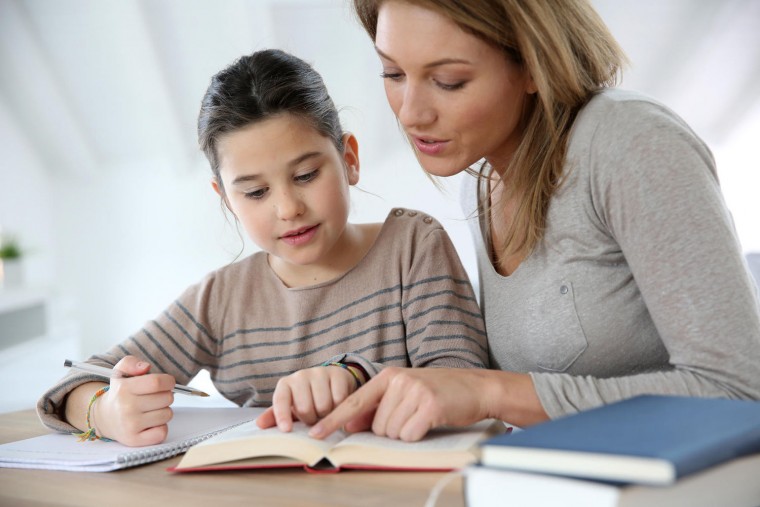Reading with participation or dry recitation? Reading a book to your child just before bedtime is a cherished ritual. It is no coincidence that it dates back decades. Quality time spent with the child is enough in itself. Who doesn’t spend countless hours with the stories of Trivizas and the myths of Aesop?
But what if those hours served a greater purpose? Have you heard of participatory reading? A study from Cincinnati Children’s Hospital found that a child’s participation can “whirl” their cognitive development.
Study author John Hutton, a pediatrician at Cincinnati Children’s in a recent press release stated:
“Parents should ask questions and interact with the child when reading a story.”
This could trigger the activation of the brain. Or to “swirl” the development of grammar skills, especially comprehension, in preschool children.
To come to this conclusion, researchers scanned the brains of 22 four-year-old girls while their mothers read stories to them. Those who filled in the blanks in the story and turned the pages by touching them showed increased activation in the right hemisphere of the brain. This hemisphere is associated with the acquisition of cognitive skills and the improvement of language areas and executive functions.
The researchers also stress the importance of limiting mobile phone use during reading. This was seen as the most common obstacle that can be avoided throughout the study.
Parents who love reading are able to make a very positive contribution to their children’s intellectual development. What you read to your children can help shape their personalities. How much benefit a young person will derive from their schooling depends directly on how well they can read. Watching TV and not reading much can hinder the development of someone’s reading ability. Or his ability to think clearly and logically and to express himself correctly. When family members read together, they bond more.
Source: iPaideia.gr



